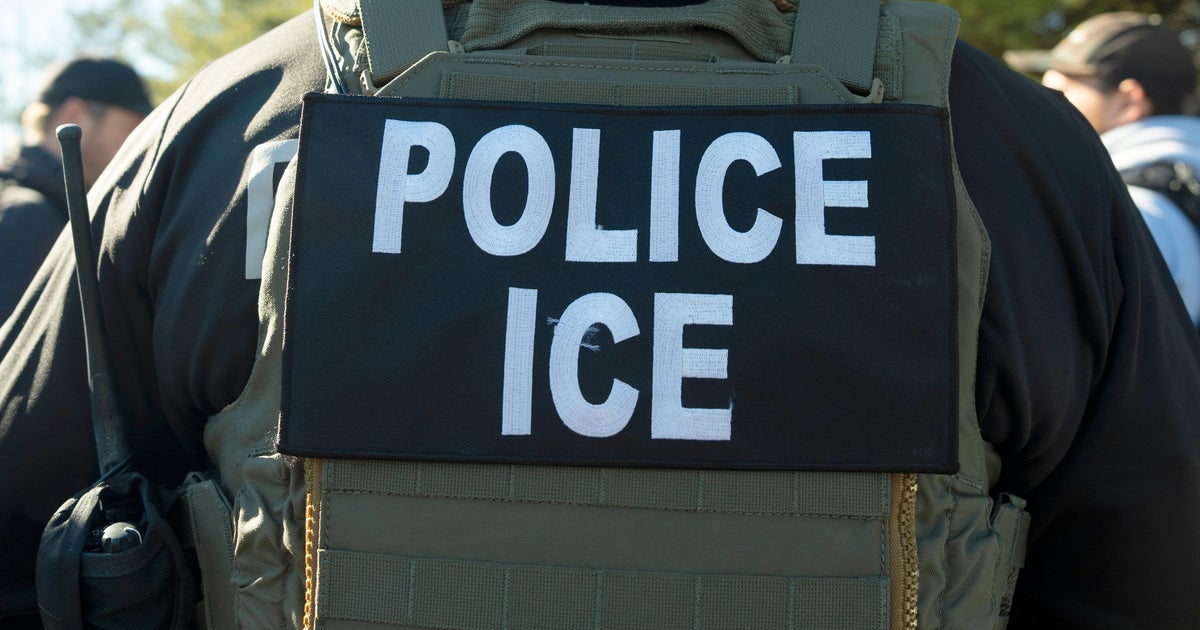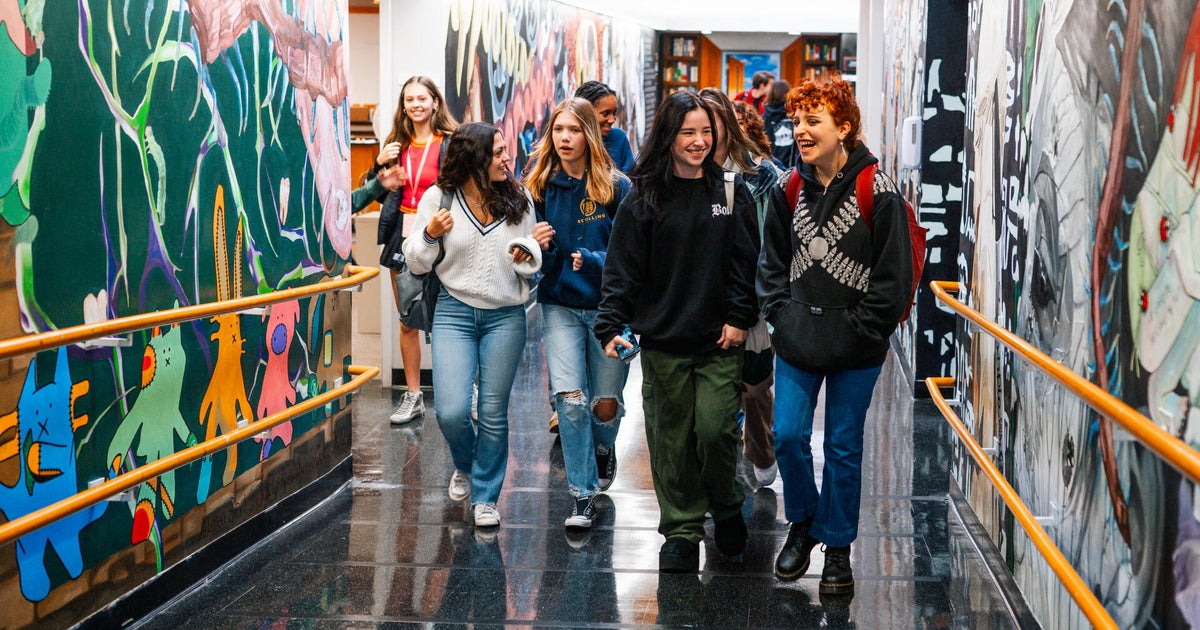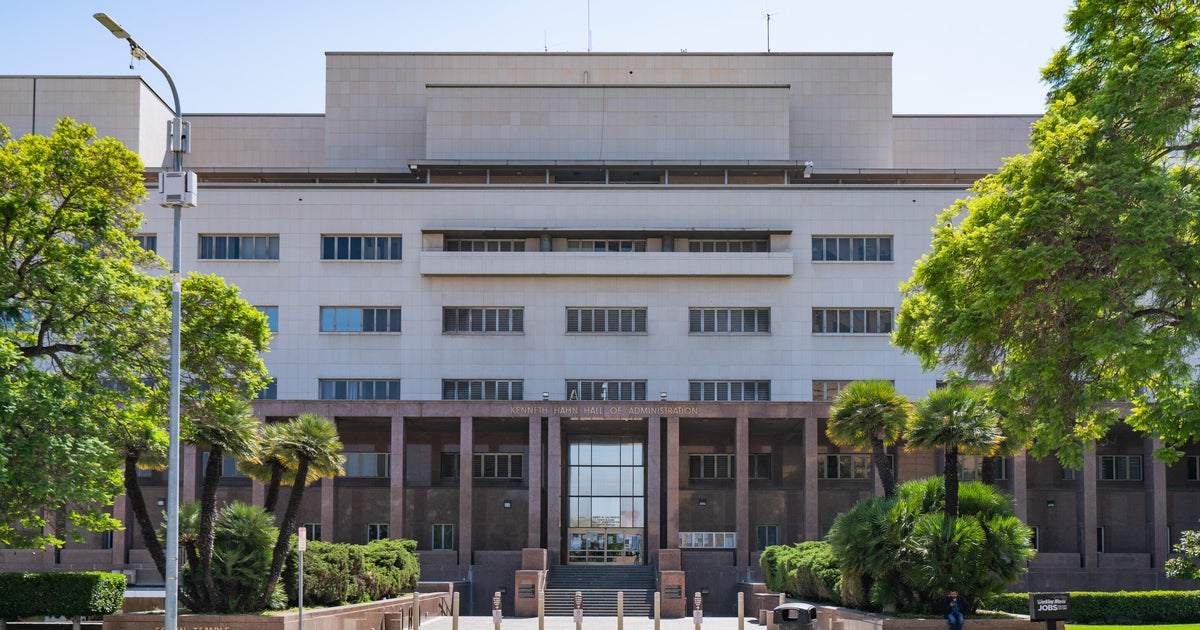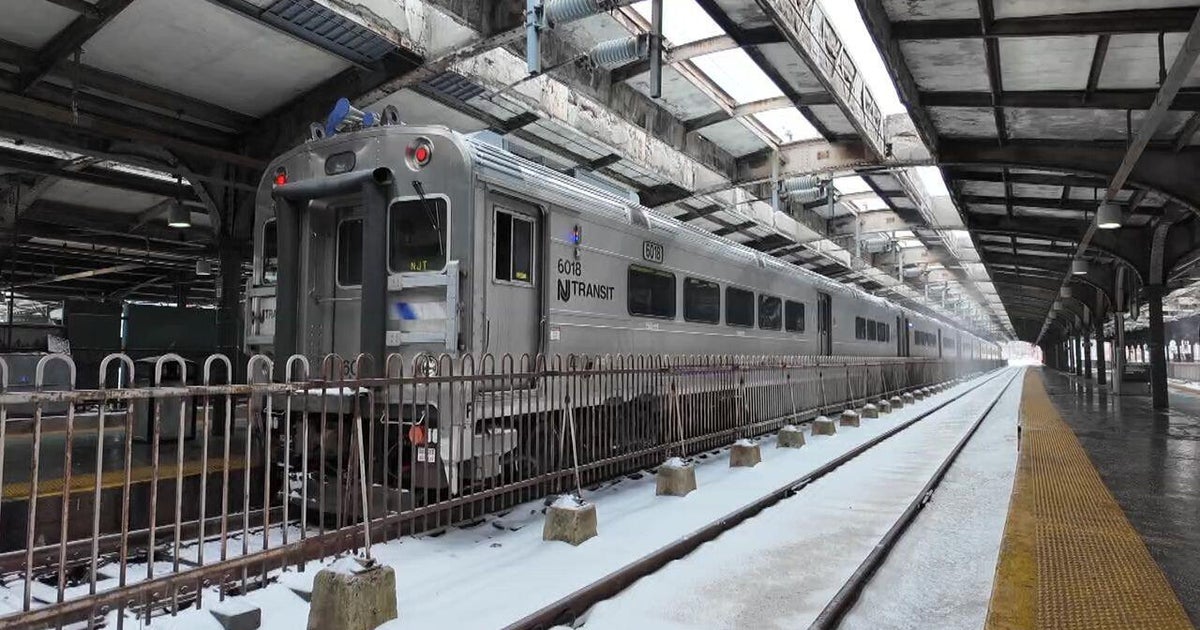Board Selects Underground Rail Station For Dulles
CHANTILLY, Va. (AP) -- The board that oversees the Washington area's two major airports voted Wednesday to build an underground Metro station to serve Dulles Airport, even though an above-ground station would save hundreds of millions of dollars in construction costs.
The 9-4 vote by the Metropolitan Washington Airports Authority angered state and local political leaders from both parties. The administration of Republican Virginia Gov. Bob McDonnell and Fairfax County Board of Supervisors Chairman Sharon Bulova, a Democrat, said the underground station ignores the need to keep costs down on a project that is already set to exceed its initial budget.
"This is a bad decision," U.S. Rep. Frank Wolf, R-Va., said in a statement. "MWAA had a chance to cut more than $600 million from the project and chose not to."
The quasi-public airports authority — made up of representatives from Maryland, Virginia and the District of Columbia as well as presidential appointees — is overseeing construction of the $6 billion Metrorail extension to Dulles Airport.
The difference between an underground and elevated station was originally estimated at $600 million. But board members said they have taken steps to keep costs down, including a revised design of the station and tunnel that will cut costs by more than $300 million.
Ultimately, Virginia board member Mame Reiley said, the benefits of an underground station outweigh the costs. The underground station will be 600 feet closer to the terminal than the elevated station — a big difference for travelers carrying luggage. The underground station preserves views of the historic Jet Age terminal designed by famed architect Eero Saarinen. And the original underground design had already been approved and did not need further environmental review, something Reiley said would be required for an above-ground station and could slow the project.
"We want to make a decision that will stand the test of time," she said. "This station will be in place for 75 years. You only get one chance to get it right."
Funding for the Metrorail extension has been problematic for many years. The so-called Silver Line extension is divided into two phases — an extension from Falls Church through the busy Tysons Corner business district to Reston, and a second phase from Reston to Dulles.
The first phase is already under way, with construction of an elevated rail line already cutting its way through Tysons, including above-ground stations that were approved to save money even though business leaders and some residents favored underground stations. It is expected to be completed by 2013 at a cost of $2.7 billion, including $900 million in federal funding.
But the feds balked at funding Phase II, saying the projected ridership did not merit the expense. It is currently estimated that 75 percent of the funding for Phase II will come from drivers on the Dulles Toll Road, who have already seen tolls rise significantly, with more increases expected. Fairfax and Loudoun counties, along with the airport, are expected to fund the remaining 25 percent.
Wolf, a 16-term congressman whose district includes many of the commuters who regularly use the toll road, fought to win federal funds for the project but has been critical of the airport authority's management of it. Earlier this year, he asked the U.S. Department of transportation to conduct an audit of the project
Phase II was first estimated to cost $2.5 billion but last year planners said the costs had ballooned to $3.8 billion. At that point, some political leaders advocated redesigning the Dulles station to cut the costs by $600 million, to $3.2 billion.
Phase II is now estimated to cost $3.5 billion, and Reiley said the board will continue to aggressively look for ways to reduce costs.
(Copyright 2011 by The Associated Press. All Rights Reserved.)







